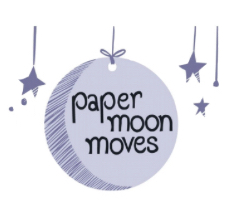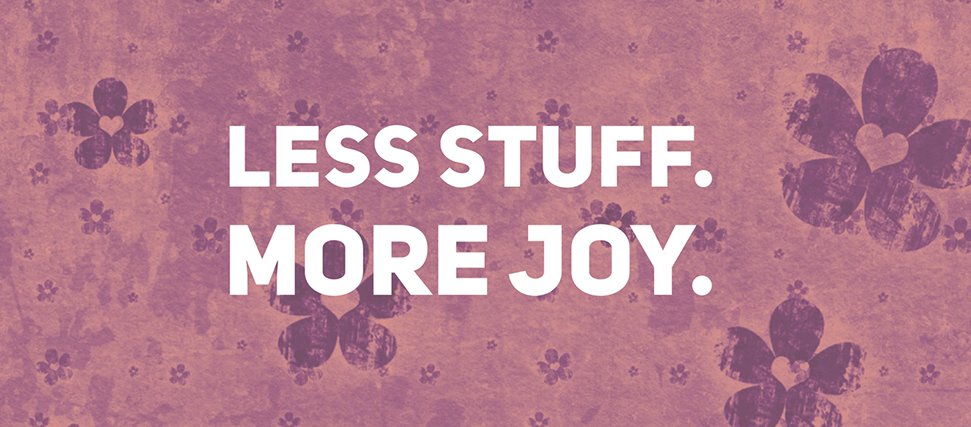The words I have come to dread hearing the most are: Can you sell my piano?
Like sets of china, collectible figurines, and heavy dark wood furniture, pianos have, sadly, gone out of style and have become difficult to sell. There are two key reasons:
There are more used pianos available to be sold than there are interested buyers.
As you know from film comedies, it is hard to move a piano!
Up until forty or fifty years ago, most middleclass or wealthy families bought pianos for their homes. Owning a piano was a sign of success and education, and children all took lessons. I remember how excited my mother was when she moved her childhood piano from Pennsylvania to our home in Virginia. I took lessons for a few years but then realized that I was not cut out for the piano. The piano then just sat in the living room for years, unplayed. Eventually, when our mother sold her house, it had to be discarded.
Today, few people buy pianos. Many musicians find that synthesizers and keyboards are sufficient. These are less expensive, easier to maintain, and much easier to transport than pianos. Because there has been such a drastic reduction in the number of potential piano buyers, we have a glut of pianos on the market.
It is also difficult to donate a piano and it takes a lot of time to do so. We once helped a client try to donate her piano to her church. Someone from the church came to her apartment to play it and absolutely loved it. But when it came time to arrange to move the piano to the church, the church said they couldn’t afford to pay for the move. Our client wasn’t willing to spend the money herself, so the donation wasn’t made and the piano had to be discarded.
Some pianos remain popular. There is a market for used Steinways, for example. But the amount of money you can make from selling a high-end piano is going to be reduced by the cost of moving it.
We had a client whose wife had been a concert pianist. She had a stunning baby grand in their Park Avenue living room. But, it turns out, the building’s elevator had been replaced in the years since the piano was moved into their home and the new elevator couldn’t accommodate a baby grand. The only option for getting it out of the building was to have it lifted out of a window. The cost for this service was more than the buyer was willing to pay, so the piano wasn’t sold. It had to be taken apart just to get it out of the building.
Added to the complication of trying to sell or donate a piano is the problem that pianos with ivory keys cannot, by law, be sold. U.S. and New York State both prohibit the sale of ivory.
The sad truth is that many pianos wind up being discarded. This is always heartbreaking for our clients and we can understand why. A piano is much more than a piece of furniture – it is something with a rich history and happy memories of musical evenings. And, to add insult to injury, there is a cost to have a piano discarded. A professional junk hauler has to be hired to remove it carefully and dispose of it properly.
Nobody wants to pay for this service, and nobody wants to learn that their piano cannot be sold or donated. It’s very sad to be the person to have to tell clients this news. I wish we had a better solution but, for now, we are left with no good options.









